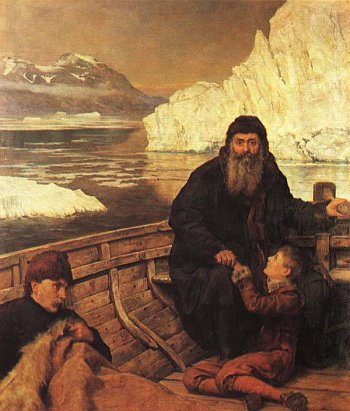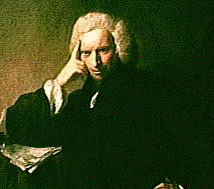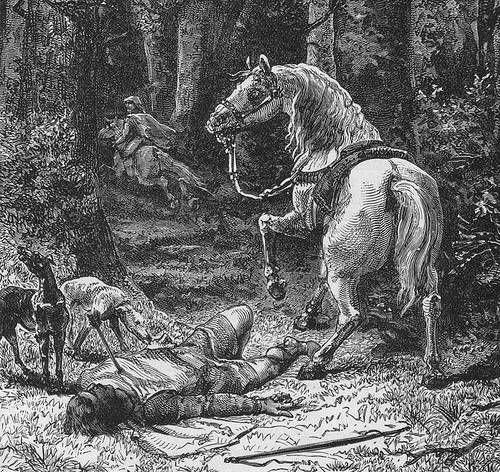During World War I, Wilfred Owen’s younger brother Harold was an officer on the British cruiser HMS Astraea. While anchored off West Africa shortly after the armistice, he claims he had “an extraordinary and inexplicable experience”:
I had gone down to my cabin thinking to write some letters. I drew aside the door curtain and stepped inside and to my amazement I saw Wilfred sitting in my chair. I felt shock run through me with appalling force and with it I could feel the blood draining away from my face. I did not rush towards him but walked jerkily into the cabin–all my limbs stiff and slow to respond. I did not sit down but looking at him I spoke quietly: ‘Wilfred, how did you get here?’ He did not rise and I saw that he was involuntarily immobile, but his eyes which had never left mine were alive with the familiar look of trying to make me understand; when I spoke his whole face broke into his sweetest and most endearing dark smile. I felt not fear–I had none when I first drew my door curtain and saw him there–only exquisite mental pleasure at thus beholding him. He was in uniform and I remember thinking how out of place the khaki looked amongst the cabin furnishings. With this thought I must have turned my eyes away from him; when I looked back my cabin chair was empty … I wondered if I had been dreaming but looking down I saw that I was still standing. Suddenly I felt terribly tired and moving to my bunk I lay down; instantly I went into a deep oblivious sleep. When I woke up I knew with absolute certainty that Wilfred was dead.
He later learned that his brother had been killed the preceding week.
See also A Sign and “That Apparition, Sole of Men”.





